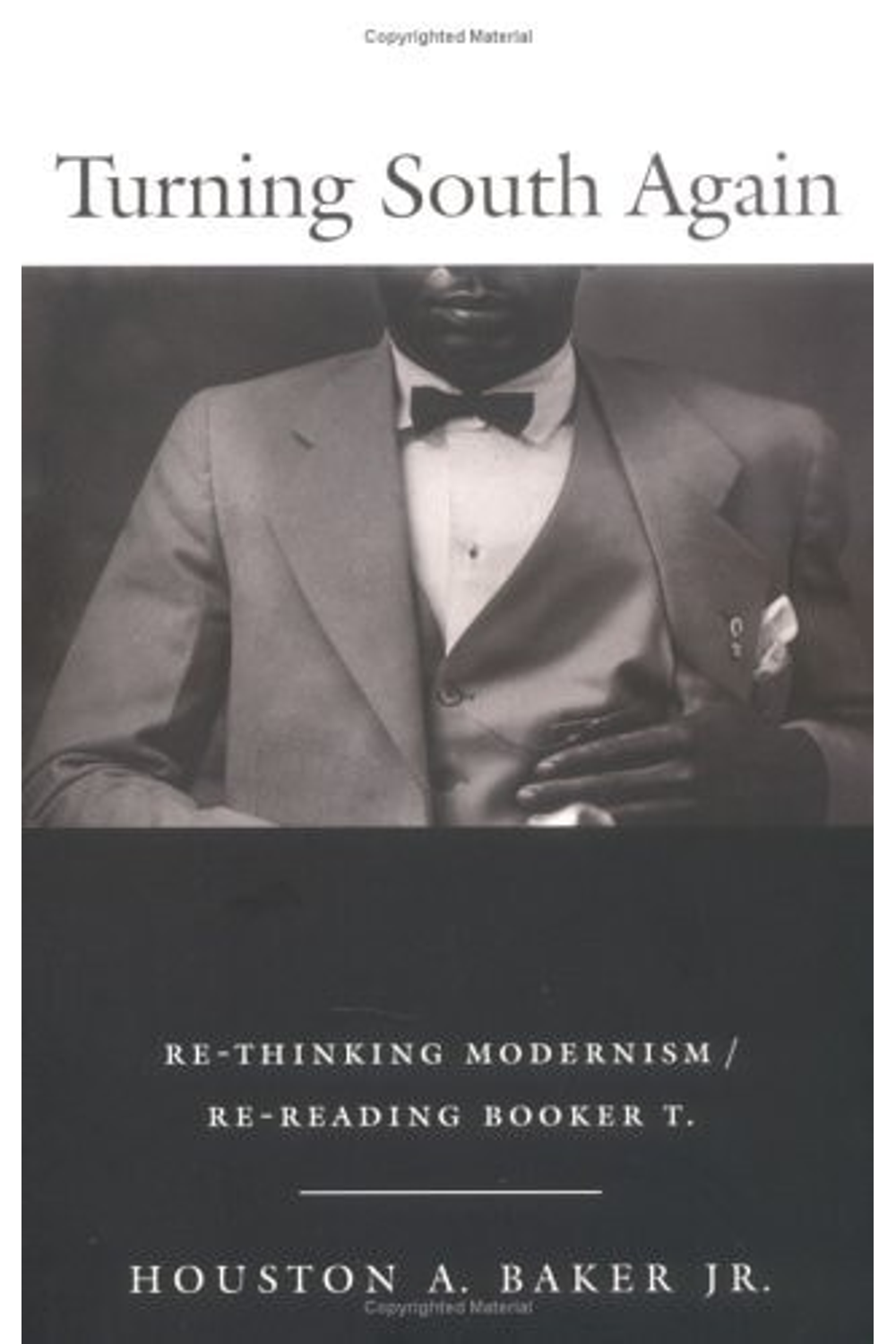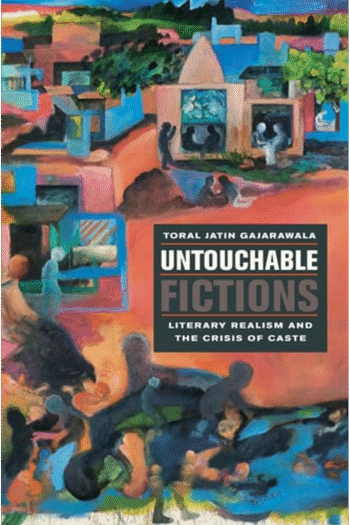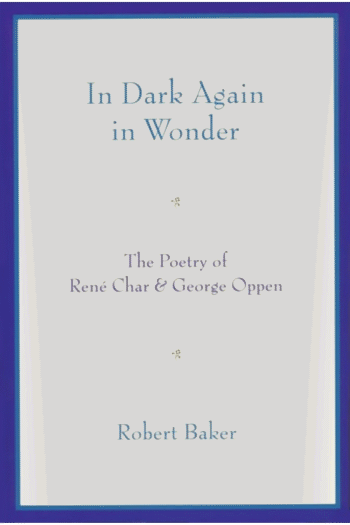Embark on a transformative journey through the landscapes of identity and history with Houston A. Baker Jr.’s “Turning South Again: Re-Thinking Modernism/Re-Reading Booker T.” More than a mere academic treatise, this compelling work re-frames the narrative of Black Modernism, anchoring it firmly within the complex social and political terrain of the American South. Baker, a renowned scholar and cultural critic, masterfully weaves together historical analysis, poignant personal reflections, and sharp literary criticism to challenge conventional understandings of figures like Booker T. Washington and the legacy of institutions like the Tuskegee Institute. Moving beyond simplistic portrayals, Baker delves into the nuances of Washington’s “mulatto modernism,” exploring its impact on the broader struggle for Black progress and self-determination. “Turning South Again” exposes the enduring significance of the South in shaping the African American experience. From the shadows of slavery to the realities of Jim Crow and the contemporary challenges of mass incarceration, Baker illuminates the ways in which the region has served as both a site of oppression and a source of resilience and innovation. This book calls for a re-evaluation of American cultural studies, urging a central focus on the South’s indelible mark on the nation’s history and identity. Prepare to be challenged and inspired as Baker invites you to reconsider established narratives and engage with the complexities of race, power, and belonging in America. This paperback edition is an essential addition to any collection, offering fresh perspectives on a pivotal chapter in the ongoing quest for social justice.
Turning South Again: Re-Thinking Modernism/Re-Reading Booker T.
26,66 $
In stock
In Turning South Again the distinguished and award-winning essayist, poet, and scholar of African American literature Houston A. Baker, Jr. offers a revisionist account of the struggle for black modernism in the United States. With a take on the work of Booker T. Washington and the Tuskegee Institute surprisingly different from that in his earlier book Modernism and the Harlem Renaissance, Baker combines historical considerations with psychoanalysis, personal memoir, and whiteness studies to argue that the American South and its regulating institutionsparticularly that of incarcerationhave always been at the center of the African American experience.
From the holds of slave ships to the peonage of Reconstruction to the contemporary prison system, incarceration has largely defined black life in the United States. Even Washingtons school at Tuskegee, Baker explains, housed and regulated black bodies no longer directly controlled by slave owners. He further implicates Washington by claiming that in enacting his ideas about racial uplift, Washington engaged in mulatto modernism, a compromised attempt at full citizenship. Combining autobiographical prose, literary criticism, psychoanalytic writing, and, occasionally, blues lyrics and poetry, Baker meditates on the consequences of mulatto modernism for the project of black modernism, which he defines as the achievement of mobile, life-enhancing participation in the public sphere and economic solvency for the majority of African Americans. By including a section about growing up in the South, as well as his recent return to assume a professorship at Duke, Baker contributes further to one of the books central concerns: a call to centralize the South in American cultural studies.
| Authors | |
|---|---|
| Binding | |
| Condition | |
| ISBN-10 | 0822326957 |
| ISBN-13 | 9780822326953 |
| Language | |
| Pages | 128 |
| Publisher | |
| Year published | |
| Weight | 331 |
Related products
- Additional information
- Currencies
- USD – United States dollar
- EUR – Euro
- GBP – Pound sterling
- CNY – Chinese yuan
- BRL – Brazilian real
- MXN – Mexican peso
- JPY – Japanese yen
- PHP – Philippine peso
- THB – Thai baht
- PLN – Polish złoty
- CAD – Canadian dollar
- MYR – Malaysian ringgit
- AUD – Australian dollar
- TWD – New Taiwan dollar
- CZK – Czech koruna
- SEK – Swedish krona
- HUF – Hungarian forint
- ILS – Israeli new shekel
- CHF – Swiss franc
- HKD – Hong Kong dollar
- DKK – Danish krone
- SGD – Singapore dollar
- NOK – Norwegian krone
- NZD – New Zealand dollar



